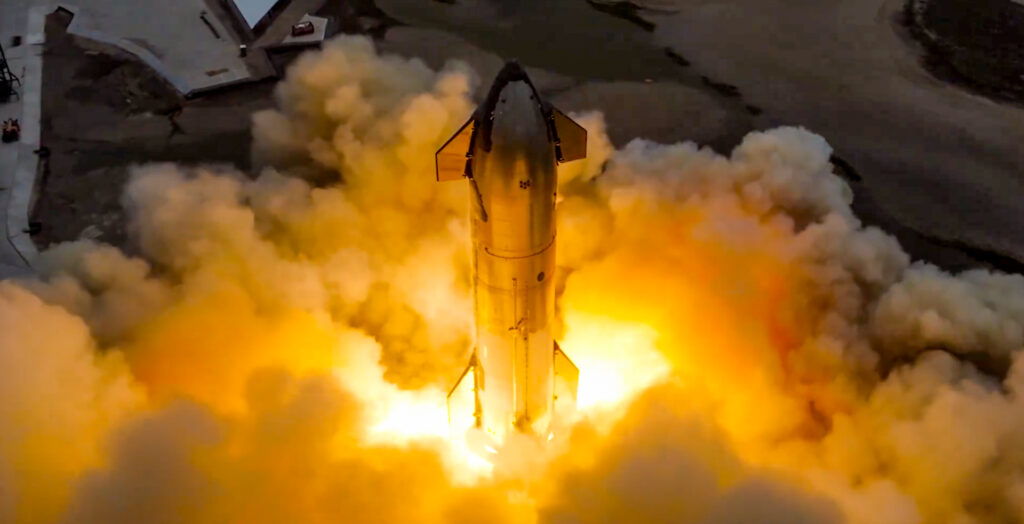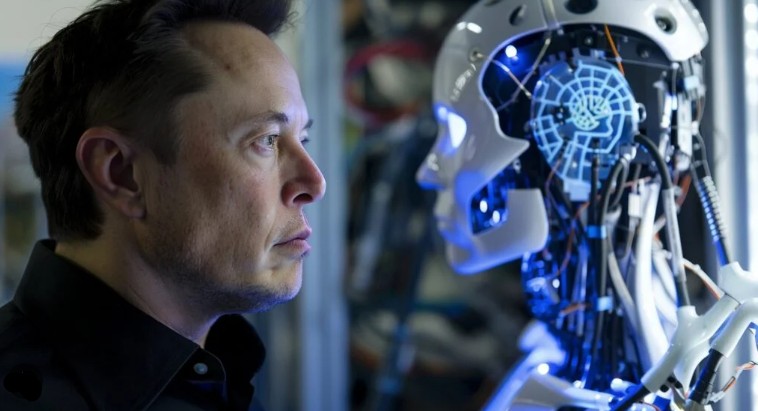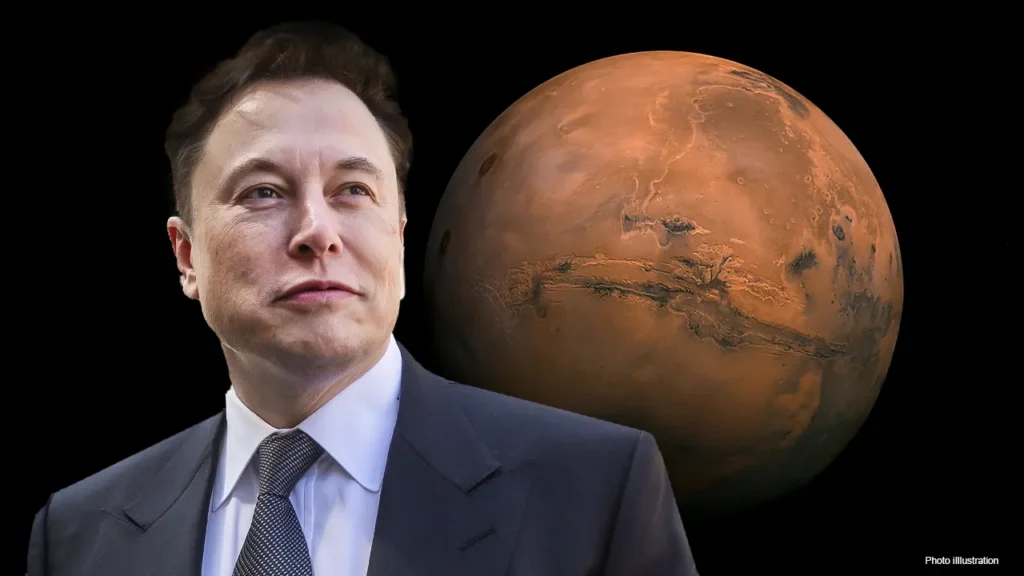
Elon' would lead humans on Mars, legendary rocket scientist Wernher von Braun predicted in 1953 book
SpaceX CEO Elon Musk has unveiled an ambitious plan to establish a self-sustaining city on Mars by 2054. During a recent announcement, Musk revealed that he envisions a city of one million people thriving on the Red Planet within the next 30 years.
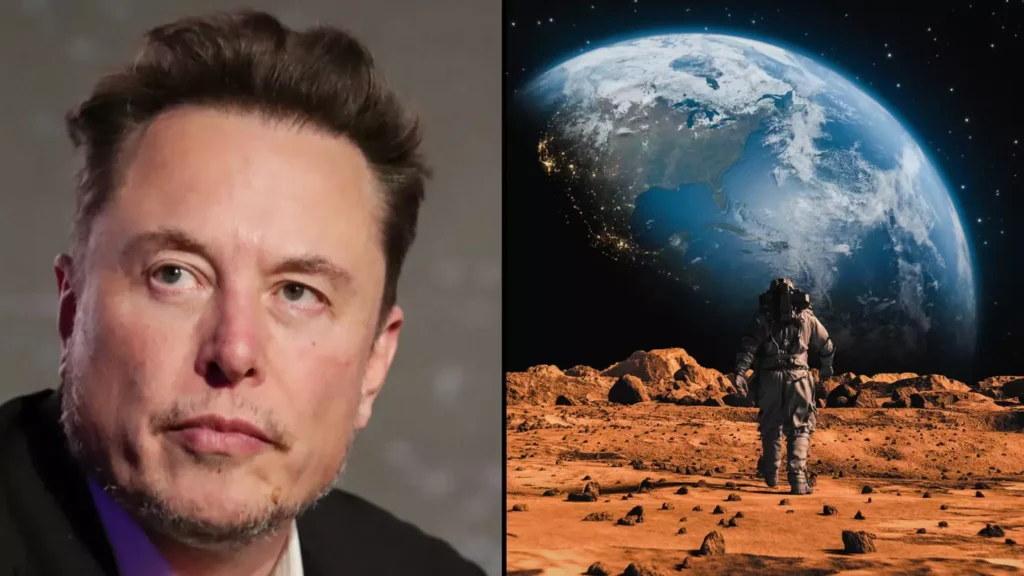
Musk’s plan involves launching multiple Starship rockets, which are designed to be fully reusable and capable of carrying both crew and cargo. The first step in this grand vision is to send uncrewed Starship rockets to Mars in 2026 to test the reliability of landing intact on the Martian surface. If these tests are successful, the first crewed missions could follow as early as 2028.
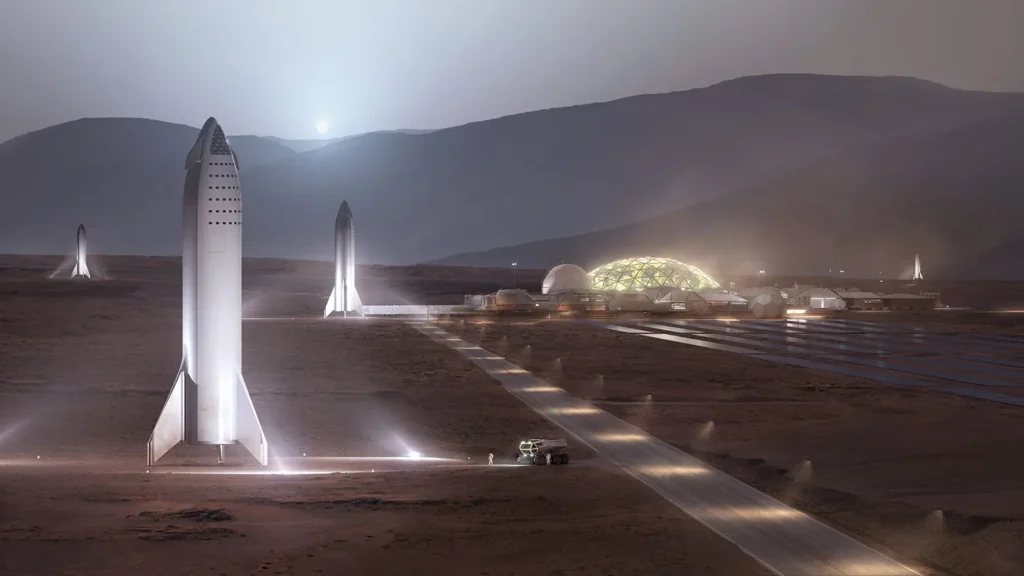
The ultimate goal is to create a city that leverages Mars’ natural resources, such as water and carbon dioxide, to support human life. This would significantly reduce the cost of transporting materials from Earth, making the project more feasible.
However, Musk’s plan has faced criticism from scientists who warn that human colonization could contaminate Mars and jeopardize the search for alien life. Professor Andrew Coates from UCL argues that robotic exploration is a safer and more effective approach to studying the planet.
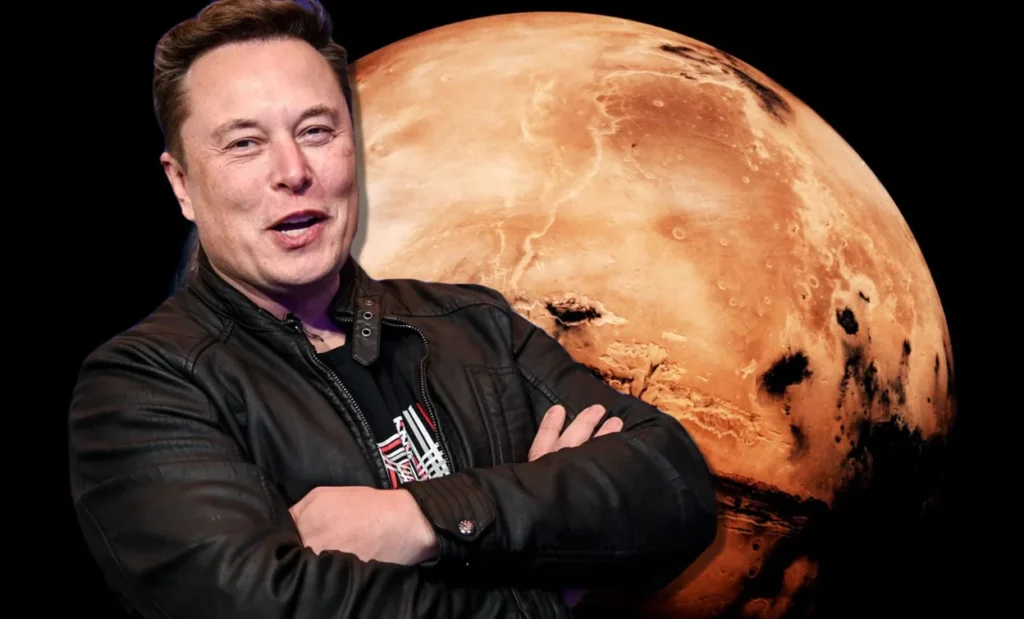
Despite the challenges, Musk remains optimistic about the future of space exploration and believes that becoming a multiplanetary species is essential for the survival of humanity. His vision for Mars represents a bold step towards turning science fiction into reality.
